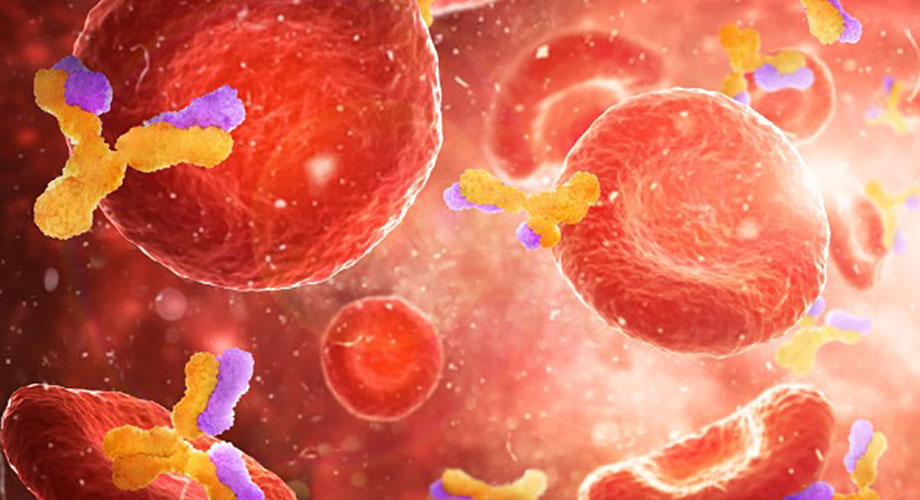By screening blood samples of former patients, scientists will zero in on antibodies that may protect others from the fast-spreading disease.
Antibodies that are circulating in the blood of patients who’ve recovered from COVID-19 may serve as the key to developing an effective vaccine against the virus.
That’s why a team of scientists at Scripps Research—working in concert with clinical teams at University of California, San Diego, and scientists from IAVI—are seeking survivors to donate their blood for screening.
Dennis Burton, PhD, chair of Immunology and Microbiology at Scripps Research, said ideal donors will have been recovered from COVID-19 for one to two months, which will have given their antibodies ample time to mature. Antibodies are proteins in blood that the immune system creates after encountering a virus or other type of infection.
“We’re interested in finding antibodies to the new coronavirus and perhaps using them as a therapeutic or helping to design a vaccine to protect against the disease,” Burton says.
COVID-19 is caused by a virus called SARS-CoV-2, a previously unknown member of the coronavirus family. That category of viruses also includes severe acute respiratory syndrome (SARS) and Middle East respiratory syndrome (MERS).
“We’re in desperate need for a preventative therapy or drug that will help our fight against COVID-19,” says Tom Rogers, MD, PhD, a scientific collaborator in Burton’s lab and an assistant professor at UCSD School of Medicine. “Understating how patients generate antibodies against active infection will provide us with a very rapid path to intervention.”
How to help: Individuals who have recovered from COVID-19 and are willing to donate blood can contact Burton’s lab at covid-19survivorstudy@scripps.edu.


